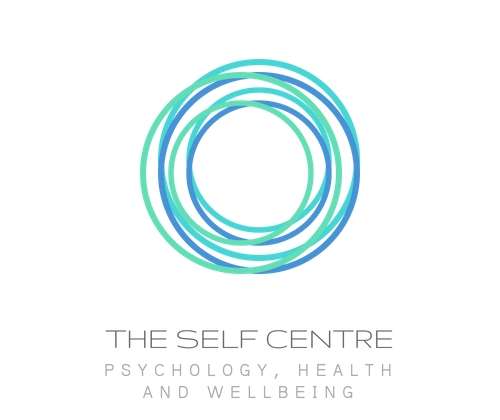
Why Your Feelings Matter – and What to Do About Them
It may sound like a cliche, but “how does that make you feel?” is a very important question that we psychologists often ask. There are several reasons why understanding your feelings is so important, both in therapy and in life.
Firstly, your feelings are like your own GPS. They give you feedback about where you are at, in real time, in your life right now. Your feelings reflect your experience of life and give you clues to understanding yourself. Your feelings are the best barometer you can have when making an important decision in life, because your feelings don’t lie. How often have you had a gut feeling in the pit of your stomach about a person or a situation, that you overrode with your rational mind, only to regret it later? The best way to make a difficult decision is to tune into your body and notice your feelings. If you feel calm and relaxed, it is a sure sign to go ahead with that choice. If you feel stressed, tight or anxious about a decision, it’s worth delaying your decision until you can make sense of why it doesn’t feel right for you.
Second, when you ignore or avoid your feelings, you might find they become more intense and explosive, or that you start to feel stuck or numb. Ideally when you first become aware of an emotion, it’s good to recognise it and just sit with it for a while, whether it’s anger, guilt, sadness or anxiety. Acknowledge it, even though you may be tempted to push it away, or distract yourself. Repressing your emotions will only cause them to bubble up and explode later, resulting in more difficult emotions or even a complete emotional shutdown. Listen to your difficult emotions. They are your wake-up call in relation to some aspect of your life. The longer you ignore them, the louder they get!
Finally your feelings fluctuate over time, so regardless of how uncomfortable or upset you feel now, they will pass. By allowing yourself the space to notice your emotions with compassion, you may find that they dissipate, change or completely evaporate. To support this process, ask yourself: “What am I feeling now? Where do I notice this in my body? What do I need now? Once your feelings have calmed down, consider what triggered this emotion.
Perhaps you had a stressful day at the office or an argument with your partner. Maybe your own thoughts of self-doubt are making you nervous. Giving yourself the time and space to explore your feelings, is one of the foundations to growing your self-awareness and emotional intelligence, as well as boosting your wellbeing.
If you would like to learn more about your unique feelings and what they are trying to tell you, then our team of psychologists at The Self Centre can support you. We offer a range of treatment modalities designed to facilitate your growth, self-awareness and wellbeing. Call us now to book in a free, confidential phone assessment.
